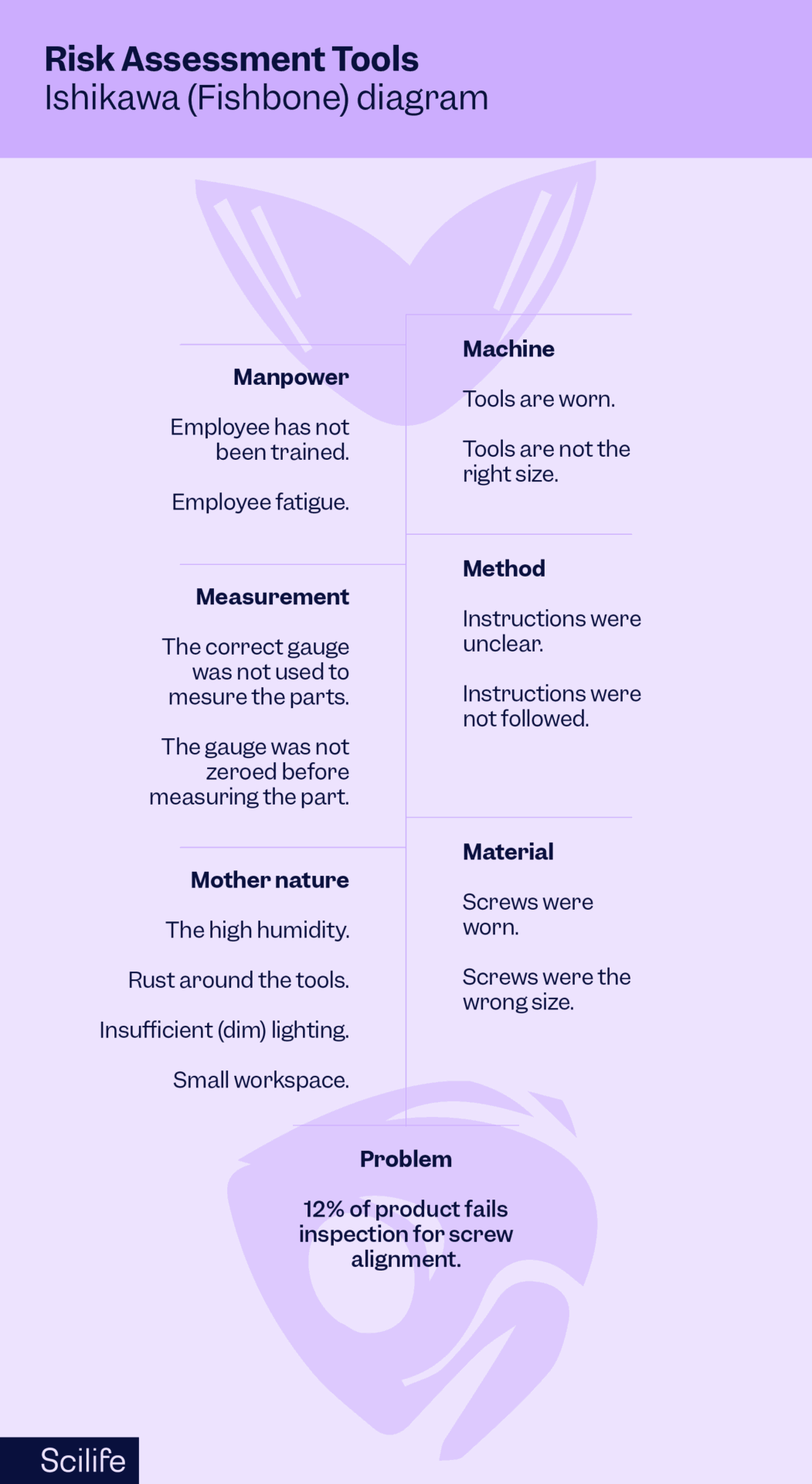Did you know that 90% of day traders lose money, making it a bit like going to Vegas but without the free drinks? In the fast-paced world of day trading stocks, avoiding common pitfalls is essential for success. This article dives into key mistakes that traders often make, from emotional decision-making to the dangers of overtrading. It highlights the critical need for a solid trading plan, proper risk management, and the importance of market research. We also discuss how neglecting to set stop-loss orders and failing to manage time can lead to significant losses. By learning about these common errors, traders can enhance their strategies and improve their chances of success. Join us at DayTradingBusiness as we explore these crucial insights!
What are the most common mistakes day traders make?
The most common mistakes day traders make include:
1. Lack of a Trading Plan: Failing to have a clear strategy leads to impulsive decisions.
2. Overtrading: Taking too many positions can increase costs and reduce focus.
3. Ignoring Risk Management: Not setting stop-loss orders exposes traders to larger losses.
4. Chasing Losses: Trying to recover losses often results in deeper financial damage.
5. Emotional Trading: Allowing fear or greed to dictate trades can cloud judgment.
6. Neglecting Market Research: Skipping analysis means missing out on critical information.
7. Poor Timing: Entering or exiting trades at the wrong time can erode profits.
8. Overleveraging: Using excessive margin increases risk and potential for loss.
Avoiding these pitfalls can enhance your day trading success.
How can emotional trading lead to losses?
Emotional trading can lead to losses by causing impulsive decisions based on fear or greed. For example, a trader might sell a stock too early out of fear of losing profits, or hold on to a losing position, hoping it will rebound. This lack of discipline often results in missed opportunities or greater losses. Additionally, overreacting to market fluctuations can cloud judgment, leading to poor entry and exit points. Establishing a trading plan and sticking to it helps mitigate these emotional pitfalls.
Why is a lack of a trading plan detrimental?
A lack of a trading plan leads to impulsive decisions, resulting in significant losses. Without clear goals and strategies, traders often chase losses or make emotional trades, increasing risk. A trading plan helps define entry and exit points, manage risk, and maintain discipline. Without it, traders can easily fall into the trap of overtrading or deviating from their strategy, ultimately harming their profitability.
What mistakes arise from poor risk management?
Poor risk management in day trading stocks leads to several mistakes:
1. Over-leveraging: Traders take on excessive debt, magnifying losses.
2. Ignoring stop-loss orders: Failing to set limits can result in significant losses.
3. Emotional trading: Decisions driven by fear or greed often lead to poor outcomes.
4. Lack of a trading plan: Without defined strategies, traders make impulsive moves.
5. Position sizing errors: Investing too much in a single trade increases risk.
6. Chasing losses: Attempting to recover quickly can lead to further losses.
These mistakes can derail a trader's success and lead to substantial financial setbacks.
How does overtrading affect day trading success?
Overtrading can severely impact day trading success by increasing transaction costs and reducing overall profitability. It often leads to impulsive decisions, making traders more prone to losses. Additionally, overtrading can cause emotional fatigue, impairing judgment and discipline. This behavior can also dilute focus, making it harder to spot profitable opportunities. In short, overtrading undermines strategy and increases risk, hindering long-term success in day trading.
Why is ignoring market trends a bad idea?
Ignoring market trends is a bad idea because it can lead to poor decision-making and increased risk. Trends provide valuable insights into price movements and investor sentiment. Without recognizing these patterns, you might enter trades at the wrong time, miss profitable opportunities, or hold losing positions longer than necessary. Staying attuned to market trends helps you make informed trades and adapt strategies effectively, ultimately improving your chances of success in day trading stocks.
What role does inadequate research play in trading errors?

Inadequate research leads to trading errors by causing traders to make uninformed decisions based on incomplete or incorrect information. Without thorough analysis of market trends, company fundamentals, or economic indicators, traders may misjudge stock performance, leading to poor entry and exit points. This lack of due diligence can result in unexpected losses and missed opportunities, as traders fail to anticipate market movements. Ultimately, insufficient research undermines confidence and strategy, significantly increasing the risk of costly mistakes in day trading.
How can failing to set stop-loss orders be risky?
Failing to set stop-loss orders can lead to significant financial losses in day trading. Without a stop-loss, you're vulnerable to sudden market drops, which can wipe out your capital. For example, if a stock you own plummets unexpectedly, you may end up holding onto it, hoping it recovers, only to see it fall further. This can turn a small loss into a catastrophic one. Setting stop-loss orders helps you manage risk, protect profits, and avoid emotional decision-making during volatile market conditions.
What Are the Best Stocks for Day Trading Today and Common Mistakes to Avoid?
Common mistakes when day trading stocks include:
1. Overtrading: Taking too many positions can lead to losses.
2. Lack of a strategy: Trading without a plan increases risk.
3. Ignoring stop-loss orders: Failing to set limits can result in significant losses.
4. Emotional trading: Allowing fear or greed to drive decisions can be detrimental.
5. Poor risk management: Not diversifying or risking too much capital on one trade.
6. Neglecting research: Ignoring market news and trends can lead to uninformed decisions.
Learn more about: Best Stocks for Day Trading Today
What are the dangers of chasing losses in day trading?

Chasing losses in day trading can lead to significant financial ruin. When traders try to recover lost money quickly, they often make impulsive decisions, increasing their risk exposure. This can result in larger losses as they deviate from their trading plan. Emotional trading can cloud judgment, causing traders to ignore market signals. Additionally, the pressure to win back losses may lead to overtrading, further draining capital. Ultimately, chasing losses can spiral into a cycle of despair, turning day trading into a source of stress rather than profit.
How does insufficient capital impact trading mistakes?
Insufficient capital can lead to increased trading mistakes by forcing traders to take excessive risks. When traders lack adequate funds, they may over-leverage, chasing quick profits and ignoring sound strategies. This often results in impulsive decisions, such as entering or exiting trades too quickly. Additionally, limited capital can lead to poor risk management, where traders might not set appropriate stop-loss orders, increasing potential losses. In short, inadequate capital can compromise decision-making, heighten emotional stress, and ultimately lead to costly errors in day trading.
Why is it important to avoid trading on tips?
Avoiding trading on tips is crucial because it often leads to poor decisions based on unreliable information. Tips can be misleading, lack proper analysis, and create emotional trading rather than strategic moves. This reliance can result in significant losses and missed opportunities. Instead, focus on solid research and data-driven strategies to make informed trading decisions.
How can neglecting to review trades lead to repeated mistakes?
Neglecting to review trades can lead to repeated mistakes because traders miss identifying patterns in their decision-making and outcomes. Without analyzing past trades, one might overlook consistent errors, such as entering too late or exiting too early. This lack of reflection prevents learning from losses and reinforces bad habits. Over time, these unexamined mistakes can erode profitability and confidence in trading strategies.
What are the pitfalls of using too much leverage?
Using too much leverage in day trading can lead to significant losses, margin calls, and a rapid depletion of capital. It amplifies both gains and losses, making even small market fluctuations risky. Traders may become overconfident, ignoring risk management and proper stop-loss strategies. This can result in emotional decision-making, where fear or greed drives trades rather than strategy. Additionally, reliance on leverage can lead to a lack of proper research and analysis, increasing the chances of poor trades.
How does misunderstanding technical indicators cause errors?

Misunderstanding technical indicators can lead to poor trading decisions. For example, misinterpreting a moving average might prompt you to buy at a peak instead of waiting for a dip. Confusing support and resistance levels can result in exiting a position too early or holding onto a losing trade too long. Misreading volume indicators can skew your perception of market strength, causing you to underestimate potential reversals. Ultimately, these errors stem from a lack of clarity on how indicators function, which can derail your trading strategy and lead to losses.
Why is it crucial to manage time effectively while trading?
Effective time management in day trading is crucial because it directly impacts decision-making and profitability. Traders must react quickly to market changes; poor time management can lead to missed opportunities or hasty decisions. Additionally, allocating time for research and analysis helps avoid emotional trading and impulsive moves. Managing time ensures you stick to your trading plan, minimizing losses and maximizing gains. In essence, it enhances focus and discipline, key factors in successful trading.
How can unrealistic profit expectations lead to failures?
Unrealistic profit expectations can lead to failures in day trading stocks by causing traders to take excessive risks, ignore sound strategies, and over-leverage their positions. When traders expect quick, high returns, they may ignore market signals and make impulsive decisions. This can result in significant losses, as the pressure to meet these expectations can lead to emotional trading rather than disciplined strategies. Ultimately, this mindset can drain capital and erode confidence, making it difficult to recover from setbacks.
Conclusion about Common Mistakes When Day Trading Stocks
In summary, avoiding common pitfalls is essential for day trading success. Emotional trading, lack of a solid plan, and poor risk management can lead to significant losses. Additionally, overtrading, ignoring market trends, and inadequate research further compound these errors. To thrive in day trading, focus on setting stop-loss orders, maintaining sufficient capital, and managing expectations realistically. By learning from mistakes and continuously reviewing trades, traders can refine their strategies. DayTradingBusiness is here to help you navigate these challenges and enhance your trading journey.
Learn about Common Mistakes in Day Trading Momentum Strategies